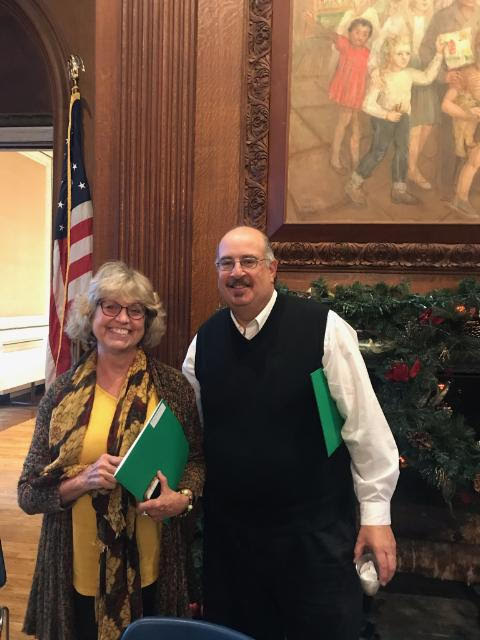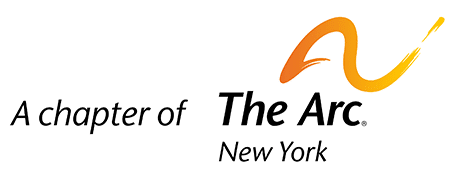By Mary Mendes
Mary Mendes is a licensed clinical social worker and sibling of an adult with a disability. She is also a long-time member of AHRC’s Sibling Support Group.
It’s not easy being the adult sibling of a family member with a disability. An adult sibling can struggle by trying too hard or not doing much at all. So, how do we figure out reasonable expectations to manage this role?

Doing too much can cause burnout or even resentment. An overboard sense of helping can enable an already dependent sister or brother to do less than they’re capable of. It can foster more dependency than actually exists. Sometimes I find myself wanting things to happen for my sister that she doesn’t even want to do. I also can infuriate myself wishing relatives would step up differently or more frequently.
Doing too little has its own dire consequences. Ignoring a family member’s needs can create a fountain of guilt spoiling one’s own emotional field or fueling a pattern of detachment that spreads to other areas of life. Dismissing a family member’s need for connection, or ignoring conditions that might diminish their contentment and security, reduces the adult sibling role to that of a complainant — making sure you hold other people responsible, where you feel you have to blame and complain to get things done. Not a pleasant position at all.
Negotiating between caring too much and doing too little, I’ve found a few principles that have been helpful in defining a sibling role I can live with.

1.) One of these principles is to OWN the challenge of being an adult sibling. Ever notice how friends’ eyes glaze over when you talk about your sister or brother? To most people, being an adult sibling is an invisible role. It’s crucial that we value the importance of being part of our siblings’ lives.
2.) Give yourself credit for experimenting with how to connect, in a way that works for you. Sometimes I think that all I can do is bear witness to my sister’s difficulties, and that is good enough.
3.) Find a way to participate with AHRC. The Adult Sibling Group, which meets quarterly, is a great place to start. Mainly we talk, listen, and have parties that include our siblings. By valuing the role of Adult Sibling, and by participating in the AHRC community, we contribute to the informal network of relationships that make AHRC strong and unique. We familiarize ourselves with the challenges other adult siblings face, and the various solutions people discover together. Attending and supporting each other is helpful in defining a sibling role that works for you.

